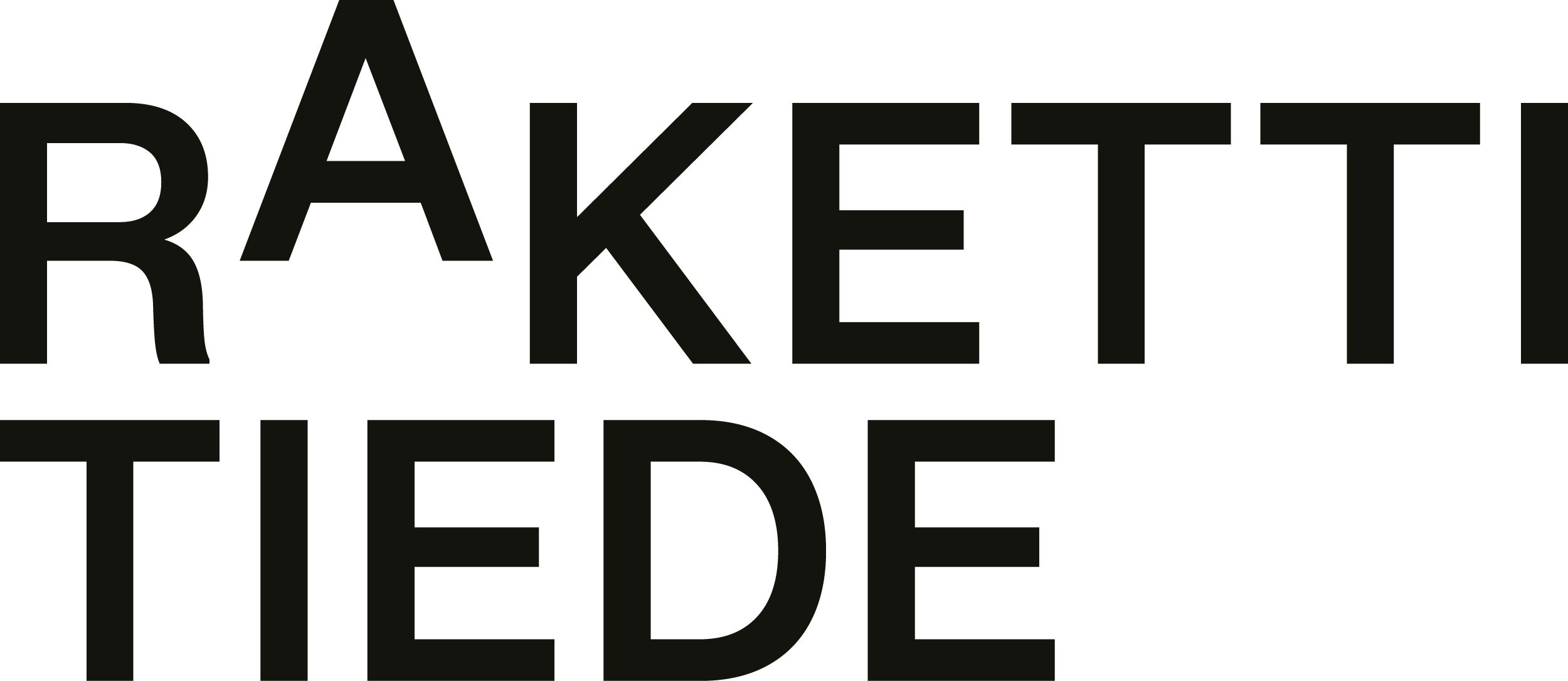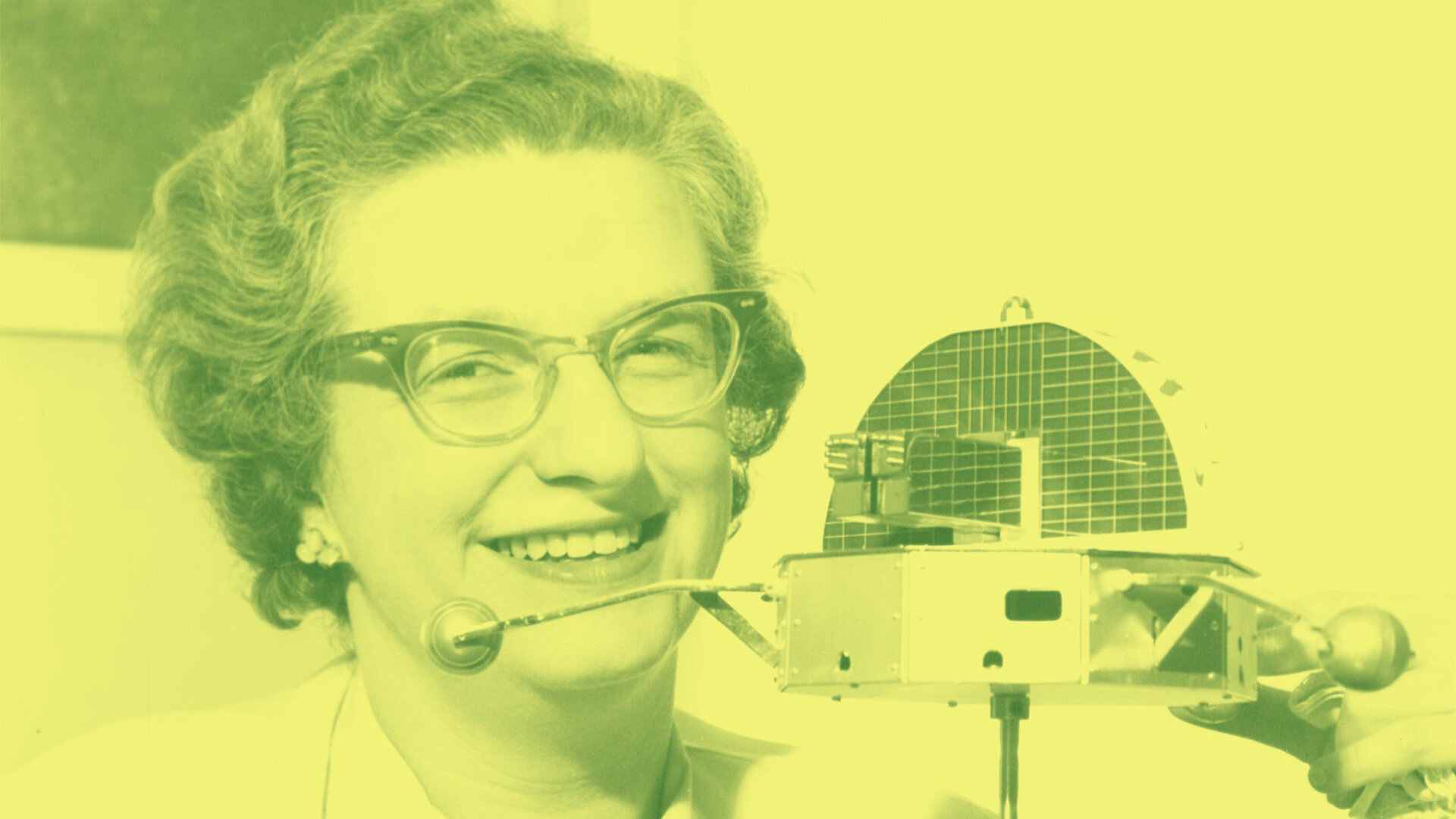Rakettitiede claims: The Primary Programming Language of the Future is the Mind
Bugs of the Mind can’t be fixed by simply changing the code. This feature makes the Mind the most challenging piece of software there is – as well as the most important.
First, let’s get one thing straight: this text and the campaign it discusses are not meant to be a portent of doom and gloom, nor are they to be understood as a lamentation of the fact that well-being at work receives so little attention. No. Even though mental health problems are the number one reason for sick leave in IT, this text takes a different approach.
First and foremost, we want to bring attention to how healthy employees are essential to the vitality of companies. This is something we’ve thought a lot about lately, as we’ve been asking ourselves questions like ‘why is a bug-free Mind more important than any individual code snippet’ and ‘how can we harness the power of the Mind and turn it into a programming language for the entire IT industry?
Resilience can backfire
Problems with mental health are still a taboo topic at many workplaces. Considering how common work-related problems with mental health are, the stigma connected to them is far too great. The Finnish mentality with its concern over what other people might think may be a contributing factor, but it’s also a hundred times easier to apply for sick leave due to a fever than due to not feeling good about your work.
The results of a survey conducted by the Finnish Central Association for Mental Health in 2019 are bleak:
● 60 % of Finns think that having a mental health problem can lead to the loss of one’s position, appreciation or even job.
● 51 % of Finns wouldn’t tell their coworker about having a mental health problem.
● 37 % of Finns wouldn’t tell their manager about having a mental health problem.
● 33 % of those who have had problems with their mental health say that they’ve felt ashamed for seeking treatment.
If more than a third of Finns wouldn’t have the nerve to tell their boss about how they’re hanging by the last fibres of their thread, how many workers are actually trying to push through by the last reserves of their strength?
Shame leads to delayed treatment and the deepening of problems.
“Often when people finally seek help, they are already risking exhaustion and are therefore immediately signed off. Few people seek help pre-emptively,” says Henna-Riikka Myrskylä, Influence Communication Expert at the Finnish Central Association for Mental Health.
What are the symptoms of a buggy Mind?
It’s just one of your run-of-the-mill routine tasks. Somehow you don’t seem able to do it, no matter how hard you try. It’s easy to see there’s a problem, but you don’t have the energy to figure out what it is. You move on to another, less urgent task. That’s something you’re able to do, at least.
What should you do next? You could always tick a couple of easy tasks off your to-do list to feel like you’re getting somewhere. It doesn’t really matter what you do, as long as you do something, right?
At the end of the day, you don’t really feel like patting yourself on the back. Instead, you’re wondering how you’re going to make it through the rest of the week. As you lie in bed, your thoughts circle around the unresolved routine task waiting for you in the morning. Yeah, whatever.
The example may be fictional, but it shows how problems with coping can manifest in your work. You regular tasks may seem like a burden, you have problems prioritising your work, you become cynical and don’t recover properly.
Claim your code OPENDISCUSSIONCULTURE and get healthier employees today!
Now that everyone’s feeling nice and down in the dumps, it’s time to dig into the solutions.
We’re not going to offer you a set of instructions that will turn your workplace into a coder’s paradise where developers’ brain waves metamorphose into flawless code to the sounds of harp music. Instead, we encourage everyone, particularly the higher-ups, to take part in creating a culture that promotes open discussion at the workplace. If managers don’t talk openly about matters related to mental health or take the time to listen to their employees, the shame may continue to grow and finally lead to exhaustion.
“I think the employers need to somehow break the silence before any problems even arise. If the matter has been already brought up by the employer, it’s much easier to talk about it later on if need be. And if talking about ‘mental health problems’ has a negative ring to it, it’s always possible to talk about coping at work instead,” Myrskylä instructs.
If you’re looking to stay in the game for a long time, working as a consultant may be a better option than being a small developer-clog in the product company wheel for years on end: in consulting, assignments and domains vary and learning new things develops your competence and expertise. But not even consultants are machines. At Rakettitiede, people’s well-being is, if not a daily topic, at least a frequent one, and the consultants’ well-being is promoted in collaboration with the clients. One of the Rocket’s early support tools is the Auntie service, now in the pilot phase, and trying to come up with best practices for occupational therapy.
Take the time to shoot the bull
Never underestimate the ancient power of yakkety-yak.
Now that remote work has stripped away all the informal interactions of meetings, we seem to have forgotten that we should also have breaks during which we can talk about cute puppies, footy, or the current tops and flops of party politics. If just one part of the brain slaves away all day, it has a direct influence on recovery and can send everything on a downward spiral.
“Some companies have switched from one-hour-long meeting to 50-minute ones. The remaining 10 minutes can be used for chit-chat or for preparing for the next meeting. Jumping from one meeting to another without a break is torture,” Myrskylä says.
What’s next?
Wait, we’re not finished yet! We willingly admit that this little blog post won’t be enough to fly us to the moon, but at least we’ve managed to have a successful lift-off. Now that we’re off to a good start, we’ll be offering you more tips, experiences and life-hacks on both well-being and the technical side of work on our campaign site and in the following blog posts. You’ll be hearing more from our own experts, our clients as well as one of the experts of the Finnish Central Association for Mental Health. Have an enjoyable, mindful read!
This year, Rakettitiede celebrates its 10th anniversary while keeping a keen eye on the future. We want to keep boosting our clients’ demanding software development projects in the decades to come, so we teamed up with the Finnish Central Association for Mental Health to see what we could do to improve well-being in the industry. We decided to start a countdown to a more mental health positive tomorrow and embarked on a journey to find ways to develop organisational cultures and promote employee well-being.
Selling a recently serviced and inspected consultant in mint condition. Buy yours today!
Read the other parts of the series here:
A Five-Star Mind Menu for Developers - A Diablog
Hot or Not? Timelapsing through the World of Programming Languages
Rocket Scientists’ 10 Commandments for a High-Quality Coding Future

